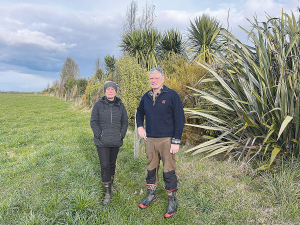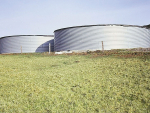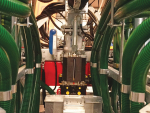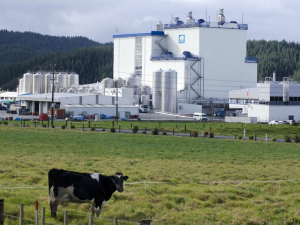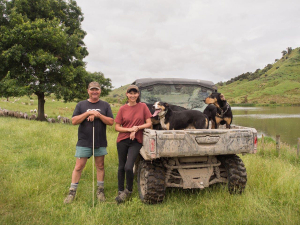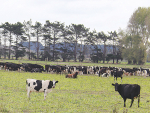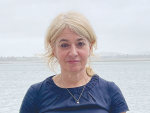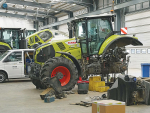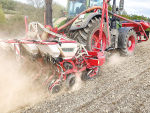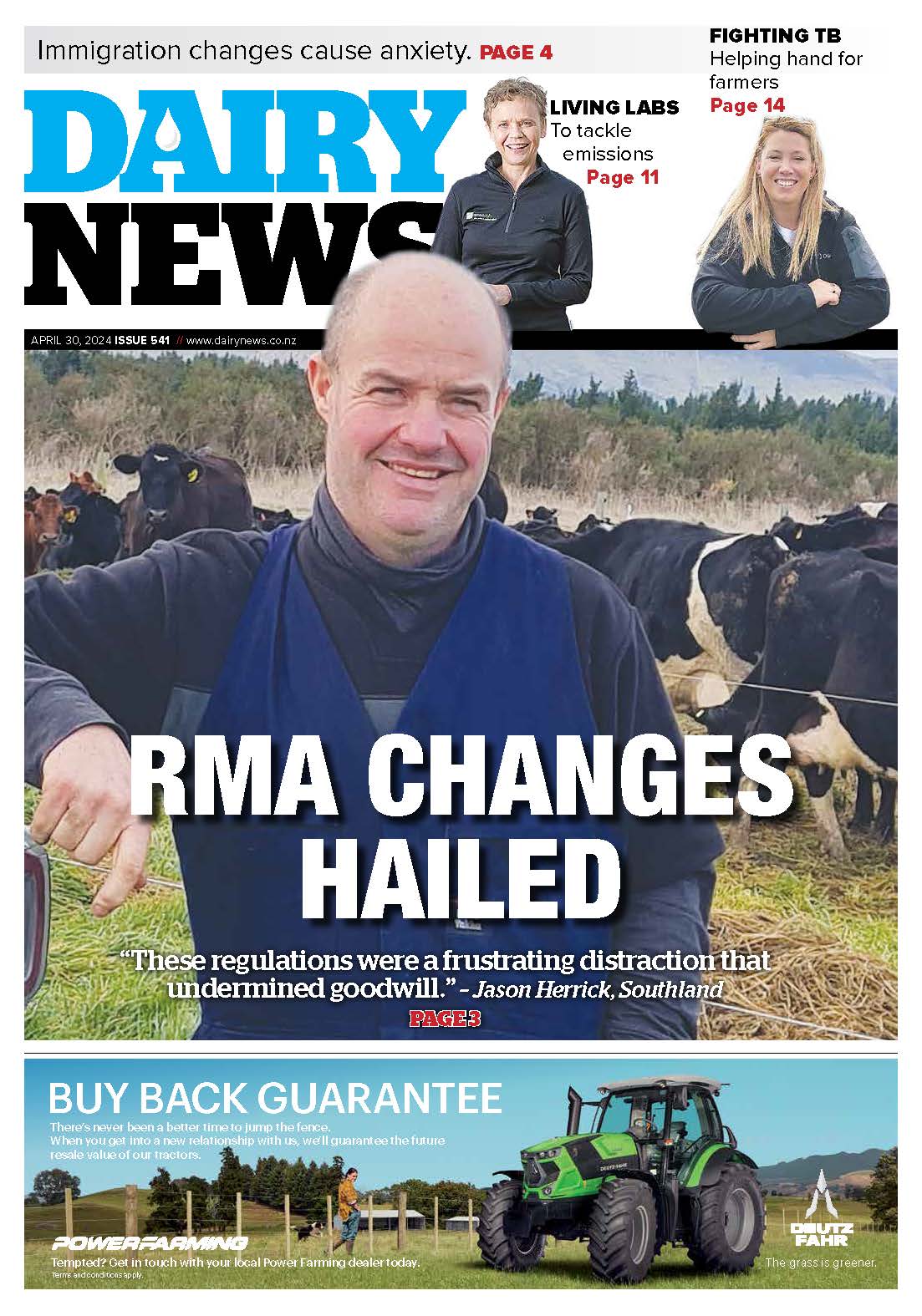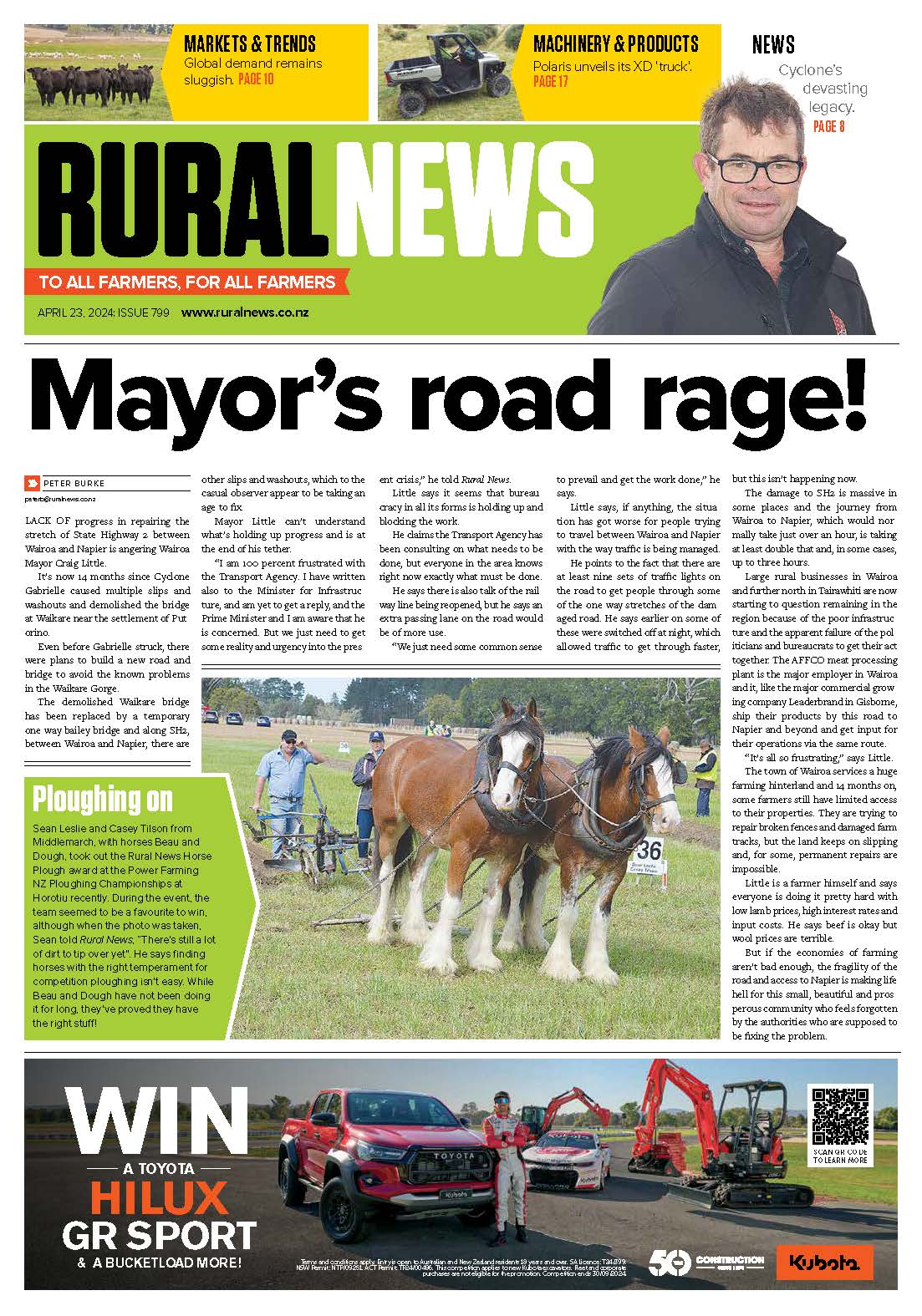The number of kingfishers, fantails and other native birds are increasing on Mark and Devon Slee’s Canterbury farm, thanks to extensive planting in recent years.
The Hinds farmers have planted more than 12,000 native trees and plants across the farm since 2009 – including flax, pittosporum, cabbage trees and native grasses.
“Wildlife is important to all Kiwis and we want to be part of building biodiversity and continuing to reduce environmental footprint,” says Mark.
Trees planted throughout the farm also provide shade and shelter for cows.
Mark and Devon have been farming for 33 years and bought Mark’s parents’ farm in 1995. They now own three properties, with couples managing each farm.
“Farming has changed a lot over the years. Decades ago, there weren’t a lot of environmental regulations and farming focused more on production and dairy product quality. Now environmental sustainability is equally important,” says Mark.
Mark and Devon strive to achieve goals ahead of targets set by central and local government. In their local area (the Hinds catchment), Environment Canterbury rules require farmers to reduce nitrogen loss from their farms by 15% by 2025 (compared to 2009-2013). They must also reduce nitrogen loss by 25% by 2030 and 36% by 2035.
Mark says the family farms are on track to achieve this. They’ve reduced nitrogen fertiliser use by more than 30% over the past six years, down to 178kg nitrogen per hectare per year.
Mark sees challenges such as reducing fertiliser as opportunities. “As well as environmental benefits, farmers save money by using nitrogen more efficiently. By keeping our costs manageable, we can keep making improvements.”
The Slees focus on efficient water management, with Mark saying irrigation is one of the biggest factors Canterbury farmers can control. The couple use only the amount of water needed for grass growth, which is determined by real time data coming from their soil moisture monitoring system.
The Slees also take steps to reduce greenhouse gas emissions, including reducing cow numbers. Less feed is trucked onto the farm which reduces transport emissions. Instead, they focus on growing more grass and clover on their farm.
“Reducing emissions and nitrogen fertiliser is a win-win – we’re reducing environmental footprint while reducing our costs which contributes to business viability.”
Mark says he’s looking forward to new solutions being developed by industry good organisation DairyNZ and partners.
Sustainable Farming
In a Canterbury initiative, Mark Slee works closely with dairy farmers in the Hinds and Selwyn catchments in the DairyNZ-led Meeting a Sustainable Future project.
DairyNZ and partners support farmers in developing and taking actions to reduce nitrogen loss, including improving irrigation efficiency and reducing cow numbers.
A key focus of the project is helping farmers meet government regulations while ensuring farm viability. Farmers are also planting alongside waterways, which helps improve water quality by reducing nitrogen entering waterways and groundwater – a key focus in Canterbury.
Planting alongside waterways also provides shade for fish and other aquatic life and helps improve biodiversity in and out of the water. This is important for improving ecosystem health and mahinga kai values of waterways.
The grazing herb Ecotain plantain is also used being used by some farmers in the project, which research shows can reduce nitrogen loss from dairy farms.
The project’s 40 partner farmers – including the Slees – trial options on their farms to reduce nitrogen loss. Knowledge is shared with other farmers through field days and events, with more than 500 farmers attending so far.
“It’s great to talk to other farmers about what’s working for them to meet nitrogen reduction targets and other steps to reduce environmental footprint,” Mark says.
The Meeting a Sustainable Future project is one of a range of catchment projects DairyNZ and partners are working on with farmers, communities and iwi to improve water quality.
Catchment work is widely recognised as the way forward for improving environmental outcomes in productive catchments such as Canterbury. It allows farmers, DairyNZ and partners to explore, develop and share tailored solutions and tools, which is better than a national ‘one-size-fits-all’ regulations approach.





